
Caring for a new puppy can be wonderful, but it can also bring feelings of depression, extreme stress and exhaustion. This is sometimes referred to as “the puppy blues”, and can begin anytime after the puppy arrives in the household.
While researchers are still working on a way to officially diagnose puppy blues, symptoms generally include:
- physical exhaustion, due to all the feeding, training, cleaning, walks, management and sleep disruptions
- emotional exhaustion
- feeling depressed or guilty for not “doing enough” for the puppy
- self-imposed perfectionist stress and feeling pressure to raise a puppy “the right way”
- feelings of regret and doubt
- constantly wondering if the puppy would be better off with someone else or being returned.
The good news is these feelings are generally temporary. Puppies have a number of difficult developmental states that need to be managed (each with their own unique challenges) – but these will pass as your puppy grows and settles in.
The bad news? It can be really tough, and can last weeks or months.
There is very little research into the puppy blues. But through interviews, surveys and longitudinal studies (where scholars track people’s experiences over time), researchers have begun piecing together what can help puppy owners survive these challenges.
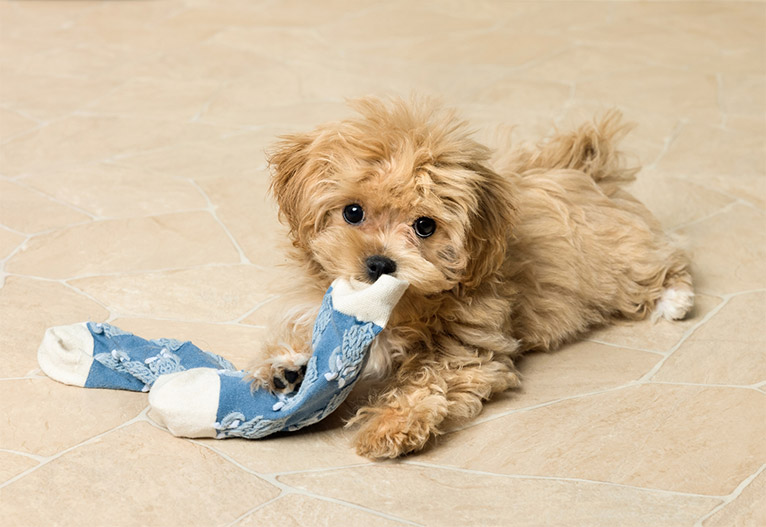
Get the help you need
Much like rearing children, puppy raising is hardest as a solo journey. Researchers highly recommend building a team around you and your puppy to help decrease the stress.
Seek help from parents, friends and family. Having people who you can call to puppysit and to lean on emotionally during tough times is a lifesaver for puppy owners.
Having a great local vet you trust is crucial (bonus points if you also get yourself a vet with further qualifications in animal behaviour). Chat to your vet if you are worried about your puppy’s behaviour or want to know more about force-free training.
Online communities have their place too. Seeing others go through (and survive!) similar challenges can be a great relief. These communities can also be a treasure trove of advice.
That said, remember there’s almost just as much bad advice as good online. Check with your vet if you’re unsure. The use of aversive training methods, such as smacking or yelling, is associated with more behavioural problems by the time your puppy is a year old.
And if you find yourself feeling really overwhelmed, don’t be afraid to chat to your GP about your mental health.
Make sure you have the right resources
Puppy care is full-time work. Working two full-time jobs leads to burnout. If possible, take time off work to help settle your new pet in. If your can’t, call on your village for help with puppysitting.
Consider how you can make use of long-lasting toys and safe spaces to keep your puppy entertained for a while without your input.
Long lasting chew toys, “snuffle mats” (which can be easily and cheaply made at home and can be used to hide food), and puzzle toys can also help your puppy learn to relax and settle on their own.
Play pens are also a godsend and allow you to step away or rest while they nap, eat or play.
Keep realistic expectations
There is no such thing as “perfect” when it comes to raising a puppy; chasing perfection will only lead to misery.
It can help to remember that puppies are babies. They are not supposed to know the cue to sit or stay yet, or to be able to focus on you for long during a training session.
When their teeth hurt, they’re going to grab the nearest item to chew on – which might be your hand, your shoe or your favourite sunglasses. Either way, babies are going to make mistakes, not because you’ve failed, but because their brains are too underdeveloped to do any better right now.

Training sometimes goes backwards – or out the window altogether. This is especially true when we hit new developmental periods. It’s normal and you’ve done nothing wrong (remember those underdeveloped brains!). If you’re concerned, seek professional advice from a vet.
Remember, none of the challenges will last forever. Try to enjoy the good moments, because they won’t last forever either.
Is kitten blues a thing?
While kitten blues has not been researched as much as puppy blues, many kitten owners in online forums anecdotally report similar feelings of overwhelm and exhaustion.
So it’s reasonable to assume this phenomenon exists and is likely very similar to its puppy counterpart. The advice in this article applies to both kittens and puppy owners.
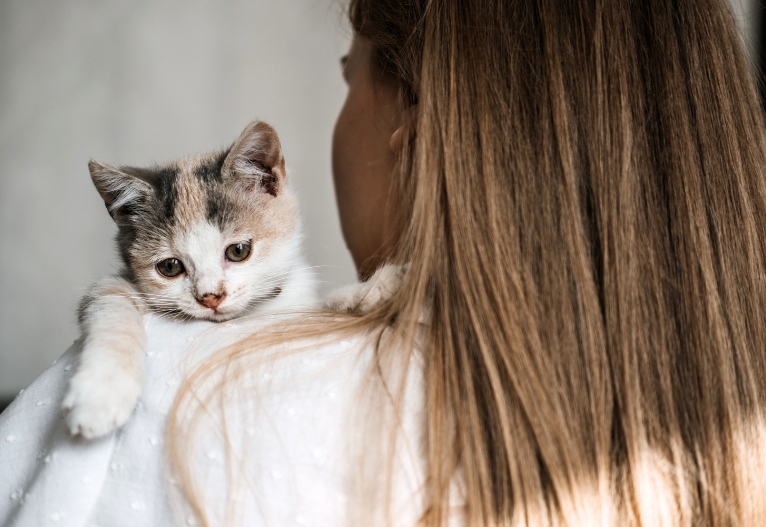
Puppies and kittens are certainly not easy to raise.
But when you’re staring into those adorable eyes, wondering how this tiny creature who brings you so much love can also make you cry with exhaustion, remember: you’ve got this.![]()
Susan Hazel, Associate Professor, School of Animal and Veterinary Science, University of Adelaide and Ana Goncalves Costa, Researcher, Animal Behaviour, Welfare and Anthrozoology Lab, University of Adelaide
This article is republished from The Conversation under a Creative Commons license. Read the original article.


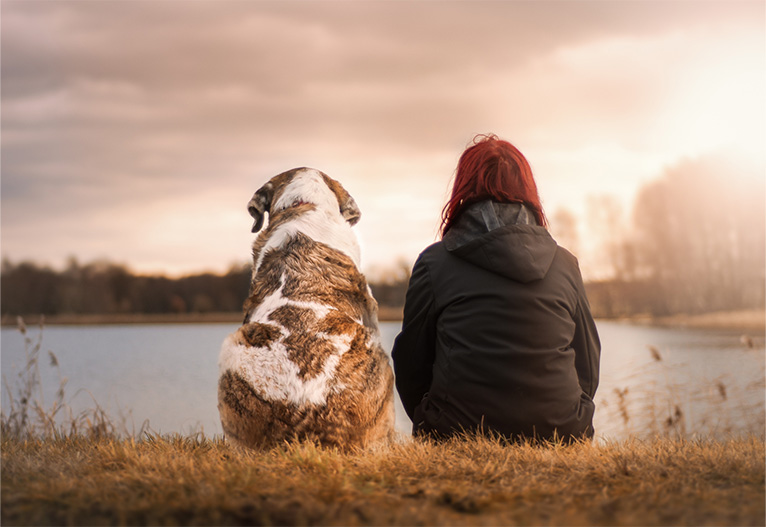
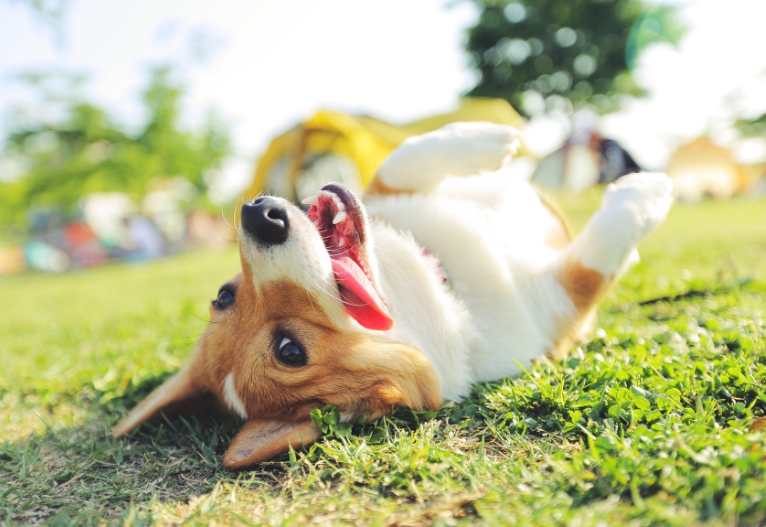
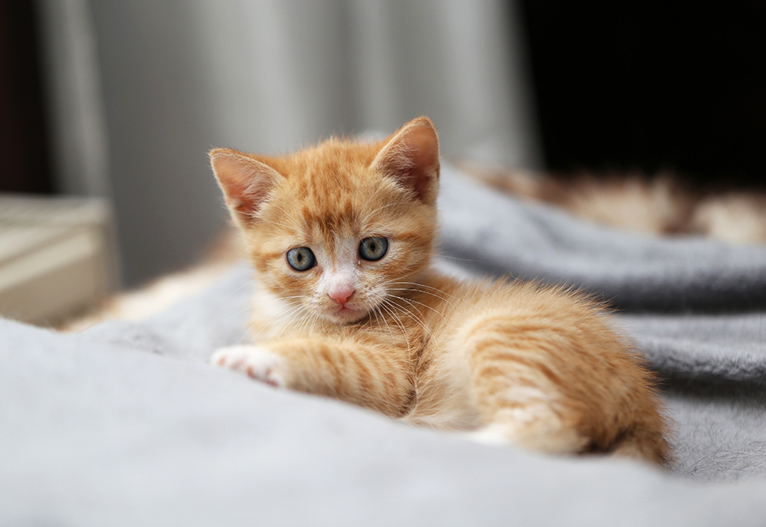

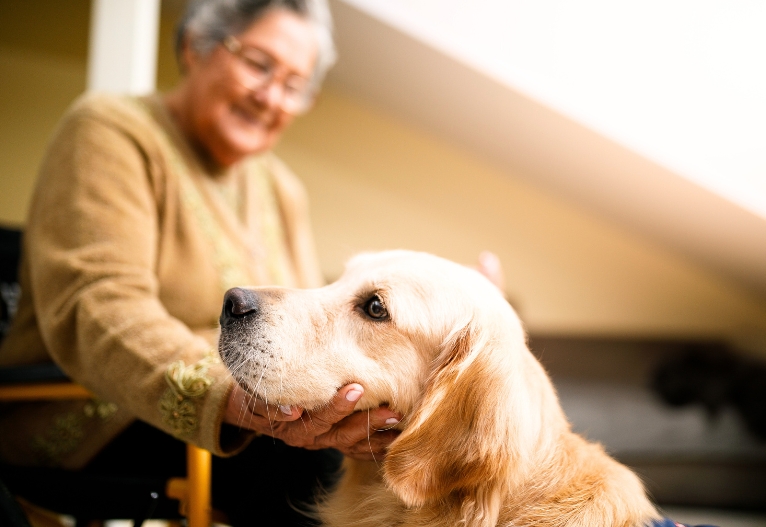

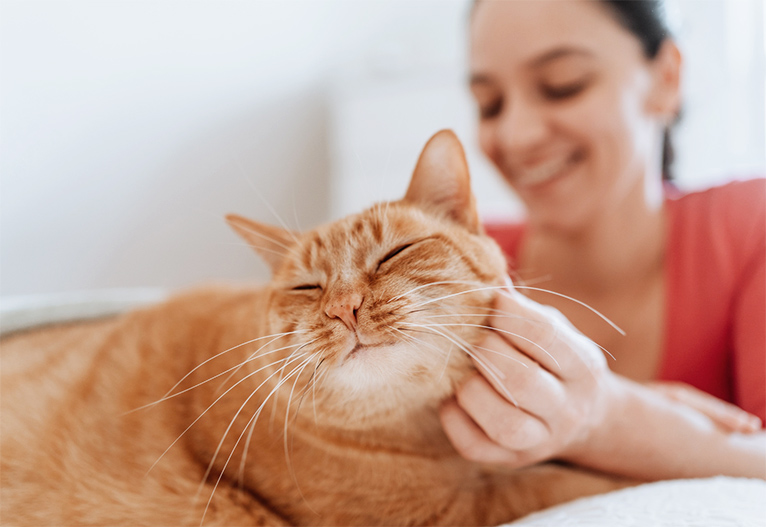
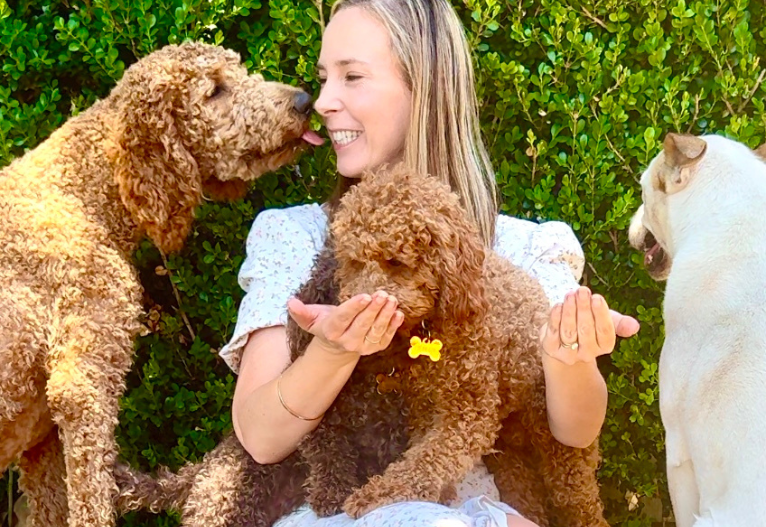




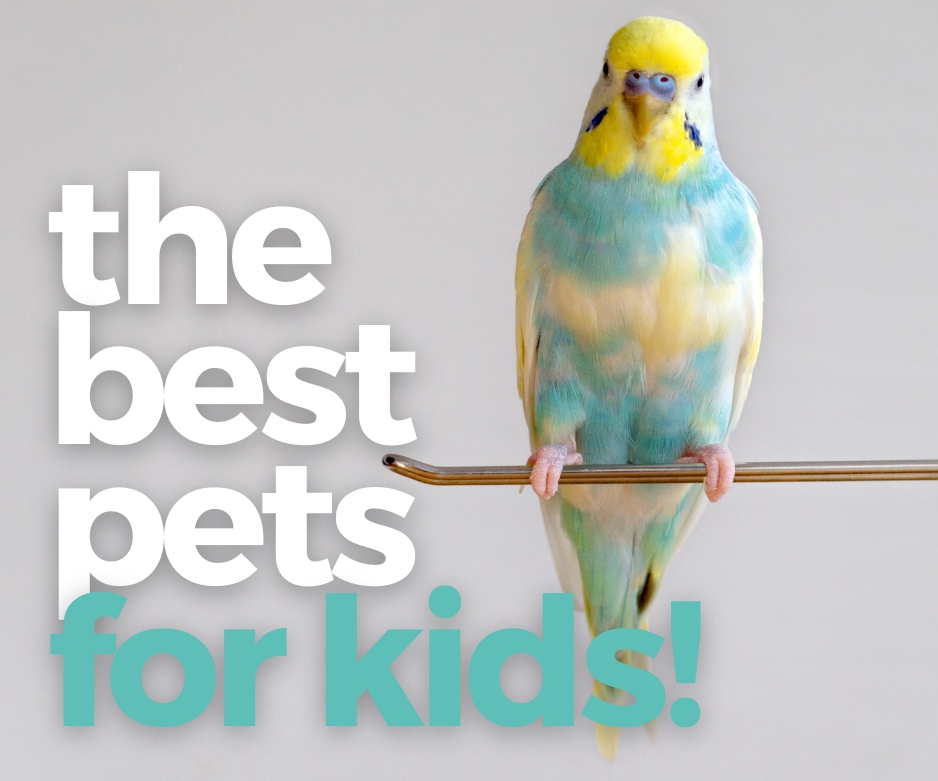
-

-
-
BP517428, NSW
- 31 Aug 2025
👍
0 Likes
-

-
-
BH516536, TAS
- 29 Aug 2025
👍
0 Likes
-

-
-
NewfieMum, QLD
- 29 Aug 2025
👍
0 Likes
-

-
-
ChiWren, QLD
- 22 Aug 2025
👍
0 Likes
-

-
-
TraceyGail, NSW
- 07 Aug 2025
👍
0 Likes
-

-
-
BH516586, VIC
- 28 Jul 2025
👍
0 Likes
-

-
-
sars_angelchik, TAS
- 01 Jul 2025
👍
0 Likes
-

-
-
Myfurrloves, NSW
- 28 Jun 2025
👍
0 Likes
-

-
-
BH516518, VIC
- 18 Jun 2025
👍
0 Likes
Post a commentTo post a review/comment please join us or login so we can allocate your points.